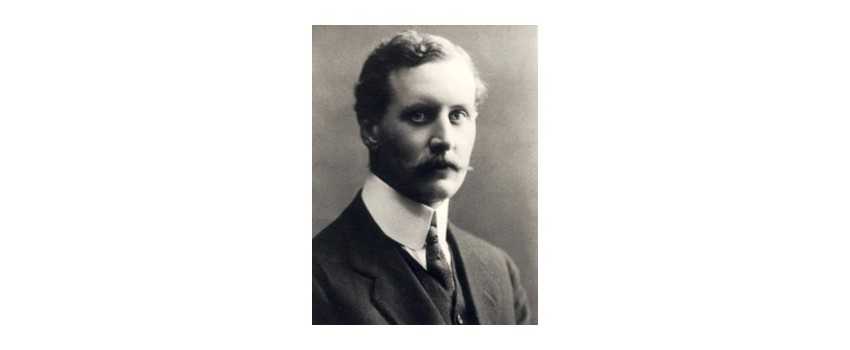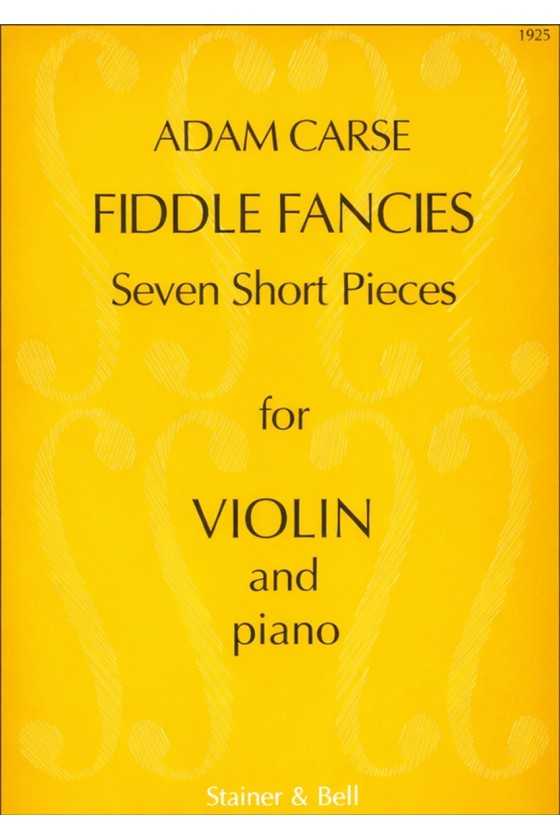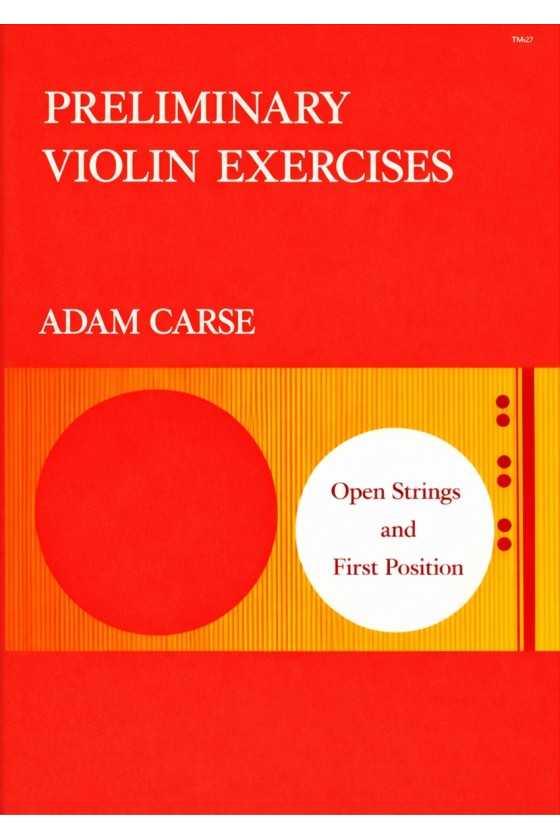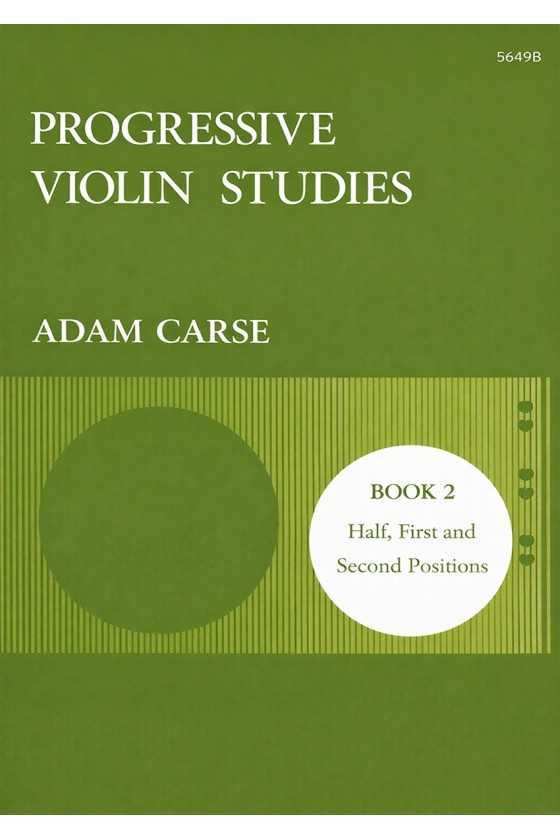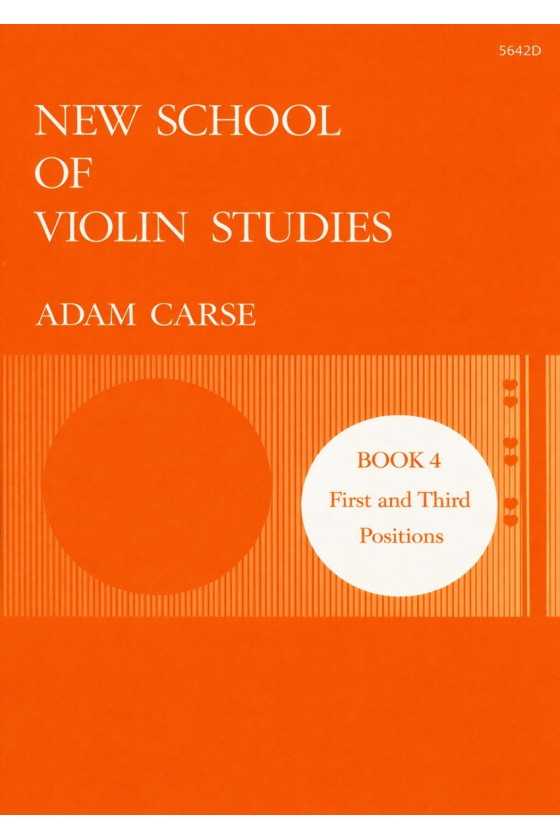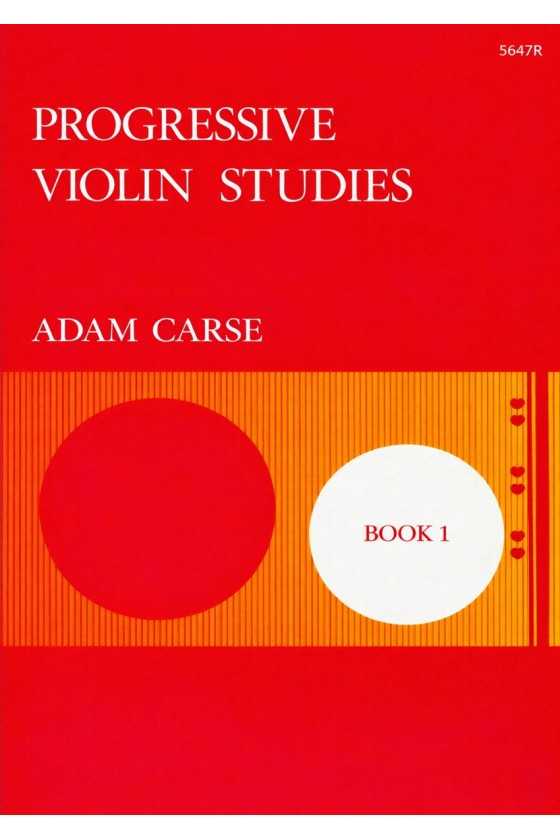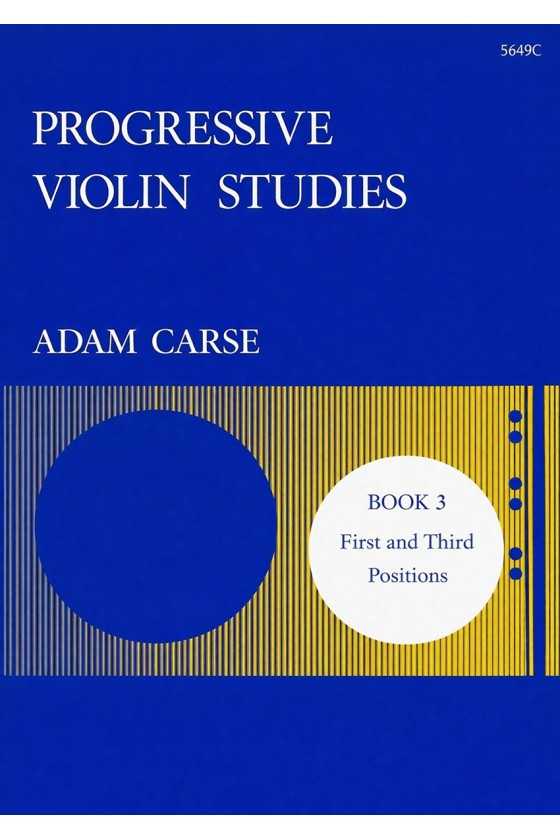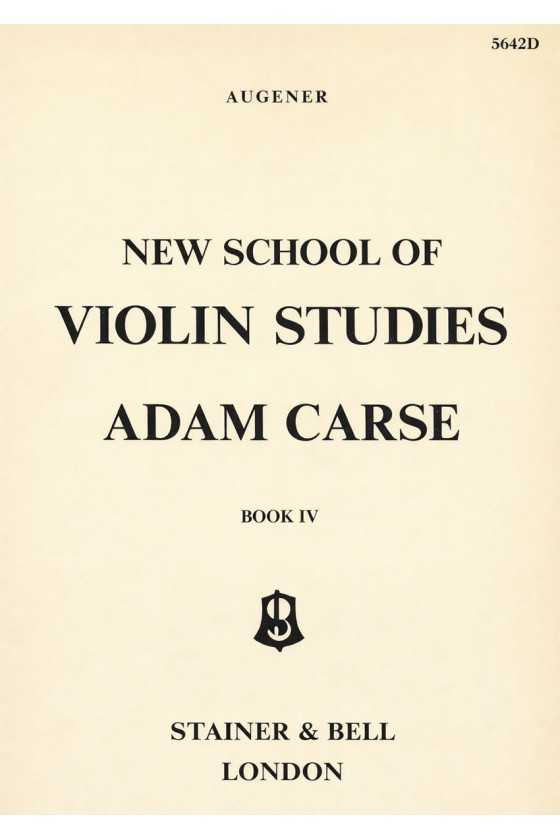Carse, Fiddle Fancies- Seven Short Pieces For Violin And Piano
Carse: Fiddle Fancies – Seven Short Pieces for Violin and Piano by Adam Carse is a charming collection of short violin pieces that celebrate character, imagination, and musical fun.
Key features
• Seven engaging character pieces
• Emphasis on expression and storytelling
• Ideal for students and light recital use
• Accessible, enjoyable, and musically rewarding

